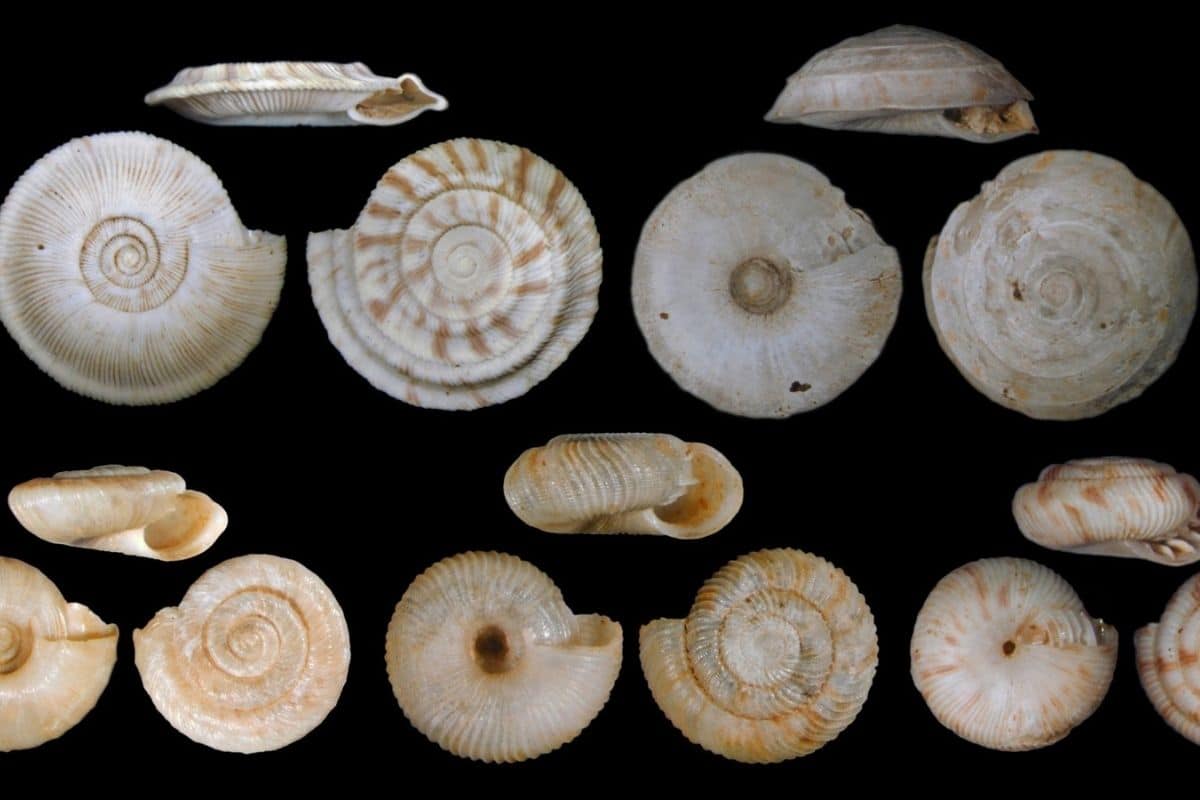

We have already lost a staggering 150,000 to 260,000 species since the year 1500. And if we’re not careful, it won’t stop there.
The Earth has been hit by mass extinctions five times in its long history. These were all caused by extreme natural phenomena. Many scientists warn that we are now heading for a sixth mass extinction crisis. But this time we are completely at the helm.
Denial
That the Earth is currently heading for a sixth mass extinction is a somewhat controversial topic. Not everyone seems to agree with this somewhat nasty idea. “The drastic increase in the number of extinctions and the decreasing numbers of plants and animals are well documented,” said study researcher Robert Cowie. “Yet some deny that this is leading to a mass extinction.”
Red List
The doubts about this can be traced back to the Red List of the International Union for the Conservation of Nature (IUCN). The Red List provides insight into the current state of various plant and animal species. However, this list gives a somewhat distorted picture of reality. “The Red List is highly biased,” the researchers write in their studies. “For example, we find almost all the birds and mammals on the list, while only a small part of the invertebrates are included.” And that while invertebrates make up the vast majority of biodiversity.
invertebrates
Because many invertebrates are therefore not included in the Red List, the extinction percentage appears to be not too bad. But nothing is less true. “If we also take into account the true number of invertebrates extinctions, it turns out that we are indeed witnessing the beginning of the sixth mass extinction in Earth’s history,” Cowie says. “Incorporating invertebrates was key to confirming that.”

Land snail shells from Rurutu (Austral Islands, French Polynesia) – recently extinct before being scientifically described. Image: O. Gargominy, A. Sartori.
The team estimates that since 1500, Earth may have lost between 7.5 and 13 percent of Earth’s two million known species. That amounts to a staggering 150,000 to 260,000 lost species.
Different situations
However, the situation is not the same everywhere. While marine species are also significantly threatened, there is no evidence that the crisis affects the oceans to the same extent as the land. In addition, the future looks much more grim for island species than for continental species. Finally, plants seem to die out more slowly than land animals.
People
Who are the culprits of the impending mass extinction? That’s us. Human pressures such as population growth, habitat destruction, wildlife trade, pollution and climate change are now seriously endangering species around the world. Ecosystems ranging from coral reefs and mangrove forests to jungles and deserts depend on long-developed relationships between species to maintain their functioning and show resilience to change. Without these species, ecosystems will be in jeopardy, making it more difficult to achieve a stable climate, supply fresh water, pollinate crops and protect humanity from natural disasters and disease.
Yet some also seem to dispute this idea that man is at the cradle of the current mass extinction. “Humans are the only species capable of large-scale manipulation of the biosphere,” Cowie emphasized. “We are not just another species evolving in the face of external influences. In contrast, we are the only species that has a conscious choice regarding our future and that of the Earth’s biodiversity.”
Measures
To combat the extinction crisis, several successful measures have already been taken to save some, mainly charismatic, animals from extinction. Unfortunately, this cannot reverse the downward trend. Nevertheless, according to the researchers, it is essential to continue such efforts. “We also need to continue to document biodiversity before it disappears,” the researchers said.
According to the researchers, it is important that the conservation of endangered species is elevated to an important agenda item. Something that is still too little heeded. “Clearly, the political will is still lacking,” Cowie says. “By denying or even encouraging the crisis, humanity’s common responsibility is being ignored. And that could mean that we continue to head straight for a sixth mass extinction.”
Source material:
“Strong evidence shows Sixth Mass Extinction of global biodiversity in progress– University of Hawai’i at Manoa
Image at the top of this article: O. Gargominy, A. Sartori.